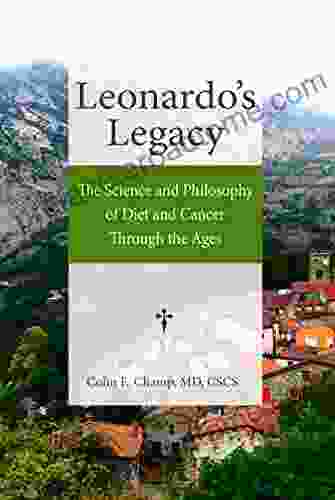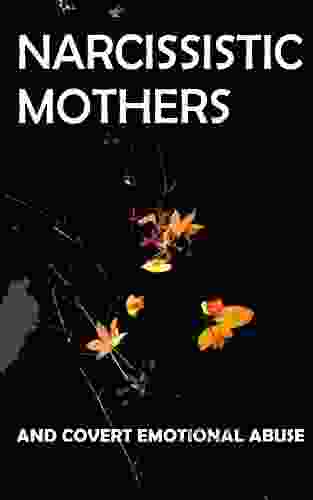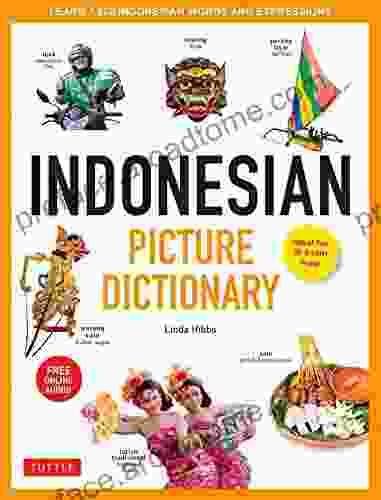The Science and Philosophy of Diet and Cancer Through the Ages

Throughout human history, the pursuit of understanding the relationship between diet and cancer has been a compelling enigma. From ancient dietary practices to modern scientific advancements, this intricate interplay has captivated the minds of scholars, physicians, and the general public alike.
4.9 out of 5
| Language | : | English |
| File size | : | 5262 KB |
| Text-to-Speech | : | Enabled |
| Screen Reader | : | Supported |
| Enhanced typesetting | : | Enabled |
| Word Wise | : | Enabled |
| Print length | : | 337 pages |
| Lending | : | Enabled |
Ancient Beliefs and Dietary Practices
In ancient times, the connection between diet and cancer was often attributed to supernatural forces or divine intervention. In ancient Egypt, for instance, cancer was believed to be caused by an imbalance of the four humors: blood, phlegm, yellow bile, and black bile. To restore balance, physicians prescribed specific diets that included foods thought to counteract the offending humor.
In traditional Chinese medicine, cancer was considered a condition of "heat," and diets focused on reducing body heat through the consumption of cooling foods. In ancient Greece, Hippocrates believed that cancer was caused by an excess of black bile and recommended a diet rich in fruits and vegetables to reduce this excess.
The Rise of Scientific Inquiry
As scientific inquiry gained prominence, the focus shifted from supernatural explanations to empirical observations. In the 18th century, Italian physician Bernardino Ramazzini noticed an increased incidence of scrotal cancer among chimney sweeps, linking it to exposure to soot. This discovery paved the way for further research on occupational hazards and environmental factors in cancer development.
In the 19th century, researchers began to explore the role of specific nutrients in cancer prevention and treatment. In 1865, French physiologist Armand Trousseau observed that a diet high in animal fat was associated with an increased risk of breast cancer. This observation laid the foundation for future research on dietary fats and cancer.
Dietary Guidelines and Cancer Prevention
In the 20th century, scientific evidence linking diet and cancer became increasingly compelling. In 1958, the American Cancer Society published its first dietary guidelines for cancer prevention, emphasizing the importance of consuming a balanced diet low in saturated fat and rich in fruits, vegetables, and whole grains.
Subsequent research has further refined these guidelines, identifying specific dietary recommendations for cancer prevention. For instance, a study published in the New England Journal of Medicine in 1994 found that a diet high in fruits and vegetables was associated with a reduced risk of lung cancer.
Philosophical Perspectives on Diet and Cancer
Beyond scientific research, the relationship between diet and cancer has also sparked profound philosophical debates. Some philosophers have argued that diet plays a decisive role in cancer prevention and treatment, while others have emphasized the influence of genetic factors or the role of chance.
For instance, the philosopher Susan Sontag, in her book "Illness as Metaphor," argued that cancer is a "magical illness" that is often seen as a punishment for moral transgressions. In contrast, the philosopher and physician Siddhartha Mukherjee, in his book "The Emperor of All Maladies," emphasizes the importance of scientific inquiry and the development of effective cancer treatments.
The relationship between diet and cancer is a complex and ever-evolving field of study. Through the ages, our understanding of this connection has been shaped by ancient beliefs, scientific discoveries, and philosophical debates. As we continue to explore this intricate interplay, we are gaining valuable insights into the role of nutrition in preventing and treating cancer, ultimately paving the way for a healthier future.
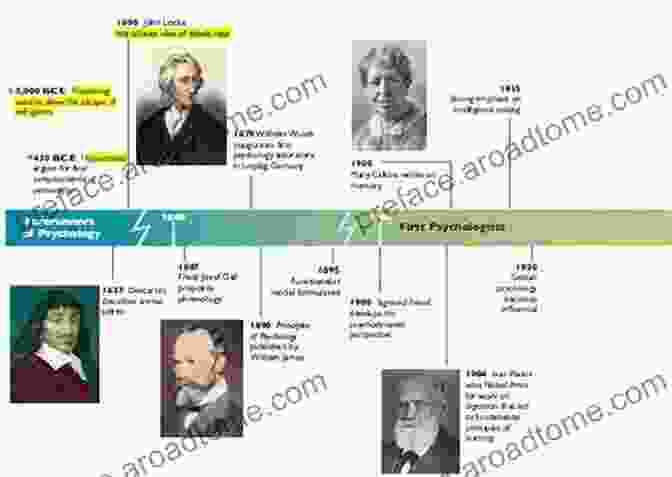
4.9 out of 5
| Language | : | English |
| File size | : | 5262 KB |
| Text-to-Speech | : | Enabled |
| Screen Reader | : | Supported |
| Enhanced typesetting | : | Enabled |
| Word Wise | : | Enabled |
| Print length | : | 337 pages |
| Lending | : | Enabled |
Do you want to contribute by writing guest posts on this blog?
Please contact us and send us a resume of previous articles that you have written.
 Book
Book Novel
Novel Page
Page Chapter
Chapter Text
Text Story
Story Genre
Genre Reader
Reader Library
Library Paperback
Paperback E-book
E-book Magazine
Magazine Newspaper
Newspaper Paragraph
Paragraph Sentence
Sentence Bookmark
Bookmark Shelf
Shelf Glossary
Glossary Bibliography
Bibliography Foreword
Foreword Preface
Preface Synopsis
Synopsis Annotation
Annotation Footnote
Footnote Manuscript
Manuscript Scroll
Scroll Codex
Codex Tome
Tome Bestseller
Bestseller Classics
Classics Library card
Library card Narrative
Narrative Biography
Biography Autobiography
Autobiography Memoir
Memoir Reference
Reference Encyclopedia
Encyclopedia Dieter Helm
Dieter Helm Geoff Cumming
Geoff Cumming Douglas Bloch
Douglas Bloch Graham Charles
Graham Charles Kathryn Troutman
Kathryn Troutman Douglas Richard Hanks Jr
Douglas Richard Hanks Jr Henk Corporaal
Henk Corporaal Enda Ridge
Enda Ridge First Editon Edition Kindle Edition
First Editon Edition Kindle Edition Theodore Jun Yoo
Theodore Jun Yoo Diane Spicer
Diane Spicer Doris Chan
Doris Chan Dong Jin Lim
Dong Jin Lim Kathryn Bond Stockton
Kathryn Bond Stockton Leslie Korn
Leslie Korn Gerald E Frug
Gerald E Frug Sharyn Ferns
Sharyn Ferns Kirsty Bortoft
Kirsty Bortoft George Moore
George Moore Michael Crossland
Michael Crossland
Light bulbAdvertise smarter! Our strategic ad space ensures maximum exposure. Reserve your spot today!
 Kazuo IshiguroFollow ·12.2k
Kazuo IshiguroFollow ·12.2k W.B. YeatsFollow ·16.1k
W.B. YeatsFollow ·16.1k Virginia WoolfFollow ·5.9k
Virginia WoolfFollow ·5.9k Joe SimmonsFollow ·16.6k
Joe SimmonsFollow ·16.6k Jeffrey CoxFollow ·5.5k
Jeffrey CoxFollow ·5.5k Kirk HayesFollow ·17.2k
Kirk HayesFollow ·17.2k Ryan FosterFollow ·12.1k
Ryan FosterFollow ·12.1k Junot DíazFollow ·14.8k
Junot DíazFollow ·14.8k
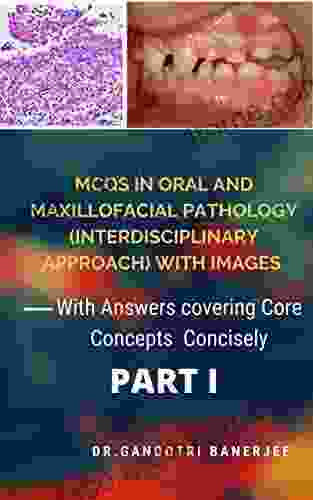
 Brandon Cox
Brandon CoxUnveiling the Secrets of Core Concepts: The Ultimate...
Are you ready to unlock the doors...
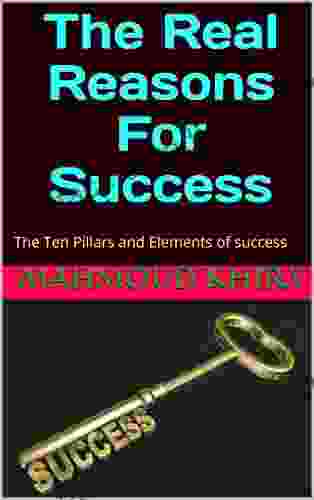
 Colt Simmons
Colt SimmonsUnlock Your True Potential: Uncover the Real Reasons For...
Embark on a...

 Ivan Turner
Ivan TurnerLove You Mom But You And Dad Are Getting a Divorce
A Heartfelt and...
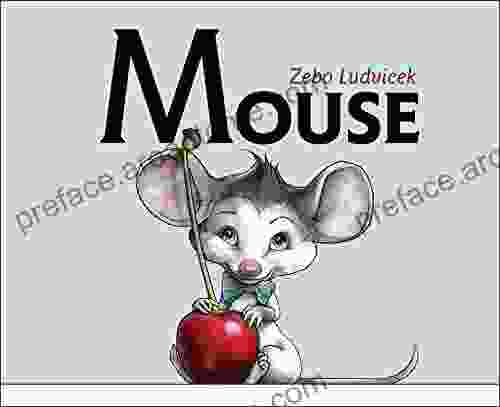
 Ervin Bell
Ervin BellIntroducing Mouse Paul Moorcraft: A Captivating Tale of...
Embark on an Unforgettable Journey...

 Mike Hayes
Mike HayesBattling Obesity In Teens And Shaping The Future
The Growing...

 Yasushi Inoue
Yasushi InoueEmbark on a Culinary and Cultural Voyage: Delve into the...
A Tapestry of...
4.9 out of 5
| Language | : | English |
| File size | : | 5262 KB |
| Text-to-Speech | : | Enabled |
| Screen Reader | : | Supported |
| Enhanced typesetting | : | Enabled |
| Word Wise | : | Enabled |
| Print length | : | 337 pages |
| Lending | : | Enabled |


